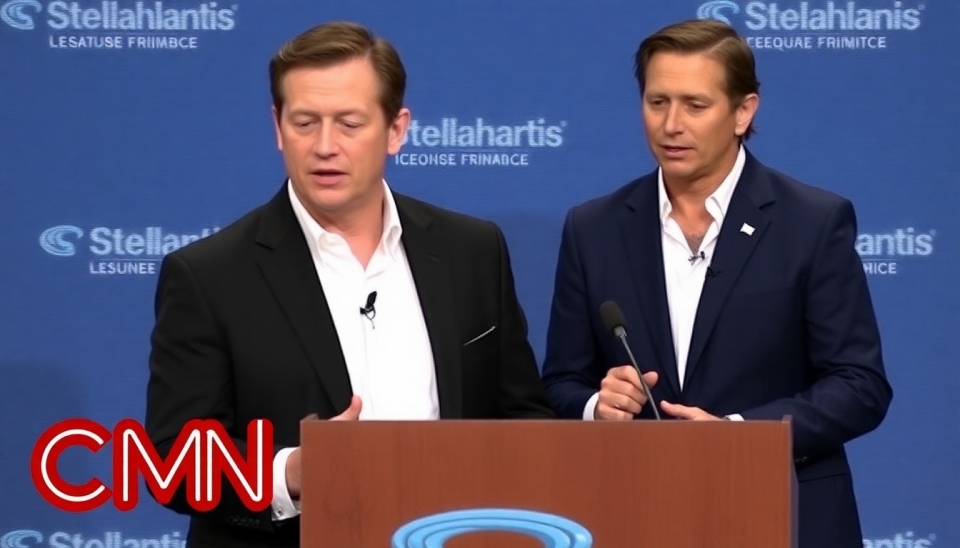
In a surprising move that has attracted significant scrutiny, Stellantis, the multinational automotive manufacturing corporation, has drawn the ire of investors following the announcement of a staggering $23.1 million compensation package awarded to its former CEO, Carlos Tavares. This decision has raised eyebrows within the investment community and sparked a heated debate surrounding executive pay, especially amidst a backdrop of ongoing economic uncertainty.
According to the company's recent filing, Tavares, who stepped down as CEO earlier this month, received this substantial payment which encompasses both base salary and various performance-related bonuses. The compensation package has not only alarmed shareholders but also ignited discussions about the broader implications of executive remuneration in the auto industry, particularly as many firms face challenges such as rising production costs and supply chain disruptions.
Critics argue that such a hefty payout is wildly disproportionate, especially in an era where many companies are striving for financial recoveries post-pandemic. Investor concern is further exacerbated by Stellantis’s struggles in the market, where the company has experienced fluctuations in its stock price and has been attempting to stabilize production amid global shortages in semiconductor chips.
Stellantis has defended the payout, asserting that performance-linked pay structures are critical to incentivizing executives to drive growth and adaptability within the company. However, many stakeholders are questioning the rationale behind such a substantial reward when the overall performance of the company may not warrant it. This controversy echoes the broader discussions of equity and fairness in corporate governance, which have taken center stage in recent years.
The backlash has prompted some investors to voice their dissatisfaction during recent shareholder meetings, calling for greater transparency and accountability regarding executive compensation. As pressure mounts, Stellantis may be forced to reevaluate its compensation policies to foster goodwill among its stakeholders and bolster its corporate image in a competitive market landscape.
This incident serves as a stark reminder of the complexities of managing executive pay, particularly in large corporations where significant disparities can exist between the compensation of senior executives and the earning realities of average workers. Moving forward, how Stellantis responds to this situation will likely influence not only its relationship with shareholders but also its strategic decisions regarding leadership and governance practices.
As car manufacturers continue to navigate a rapidly evolving industry landscape, the discussions regarding executive pay will likely persist, shaping investor and consumer perceptions of companies striving for sustainability and innovation in a challenging economic environment.
In summary, Stellantis's recent compensation decision for its former CEO has opened the floodgates for conversation about the equilibrium between rewarding excellence and maintaining ethical corporate practices. Stakeholders wait with bated breath to see how the company will adapt its policies in light of this controversy.
#Stellantis #CarlosTavares #ExecutiveCompensation #InvestorRelations #CorporateGovernance #AutomotiveIndustry
Author: Emily Collins
